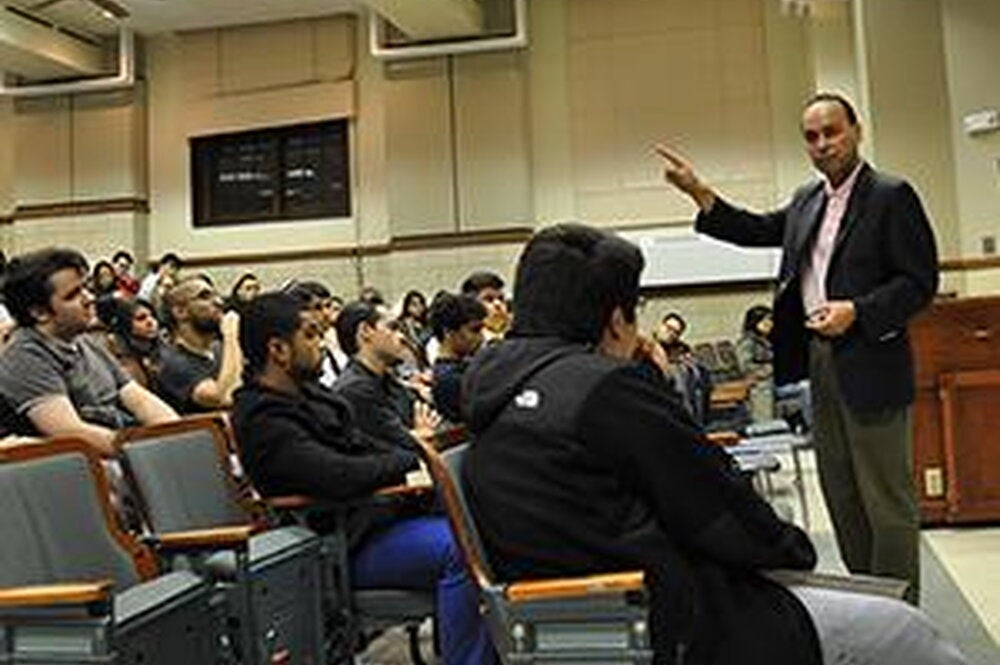

The University of Illinois will soon have its own slice of China on campus. Officials hope that a new Confucius Institute strengthens bonds to the growing Asian country.
Organizers say that the institute, to be housed in the Education Building, will increase awareness about Chinese culture through research, community outreach, and the teaching of the language. They also plan to send Chinese language instructors to local high schools and facilitate student delegations to China.
The U of I’s Academic Senate approved the institute earlier this spring, and it is awaiting final approval by the U of I Board of Trustees and the Illinois Board of Higher Education. Chancellor Phyllis Wise signed a memorandum of understanding for the institute last fall.
Once approved, the institute will be run by several departments, such as the International Programs and Studies, the Center for East Asian and Pacific Studies, the College of Education, and the Chinese language program. A start-up grant of $150,000 from the Chinese Ministry of Education for initial expenses will be partially matched by the U of I.
Once the institute is established, future funding will be dependent upon proposed activities of research and cultural exchange, according to Hua-Hua Chang, professor of psychology, statistics, and educational psychology, who will serve as director of the institute.
The institute’s board of directors will consist of representatives from the U of I, Jiangxi Normal University, and Confucius Institute headquarters in Beijing.
The institute will be reassessed in five years, when the U of I will decide whether it should be a permanent part of campus. There are about 350 Confucius Institutes worldwide serving as vehicles for cultural and linguistic outreach.
The institute has branches on most campuses in the Big Ten, including Penn State University, which was the last Big Ten school to open one, in 2011.


